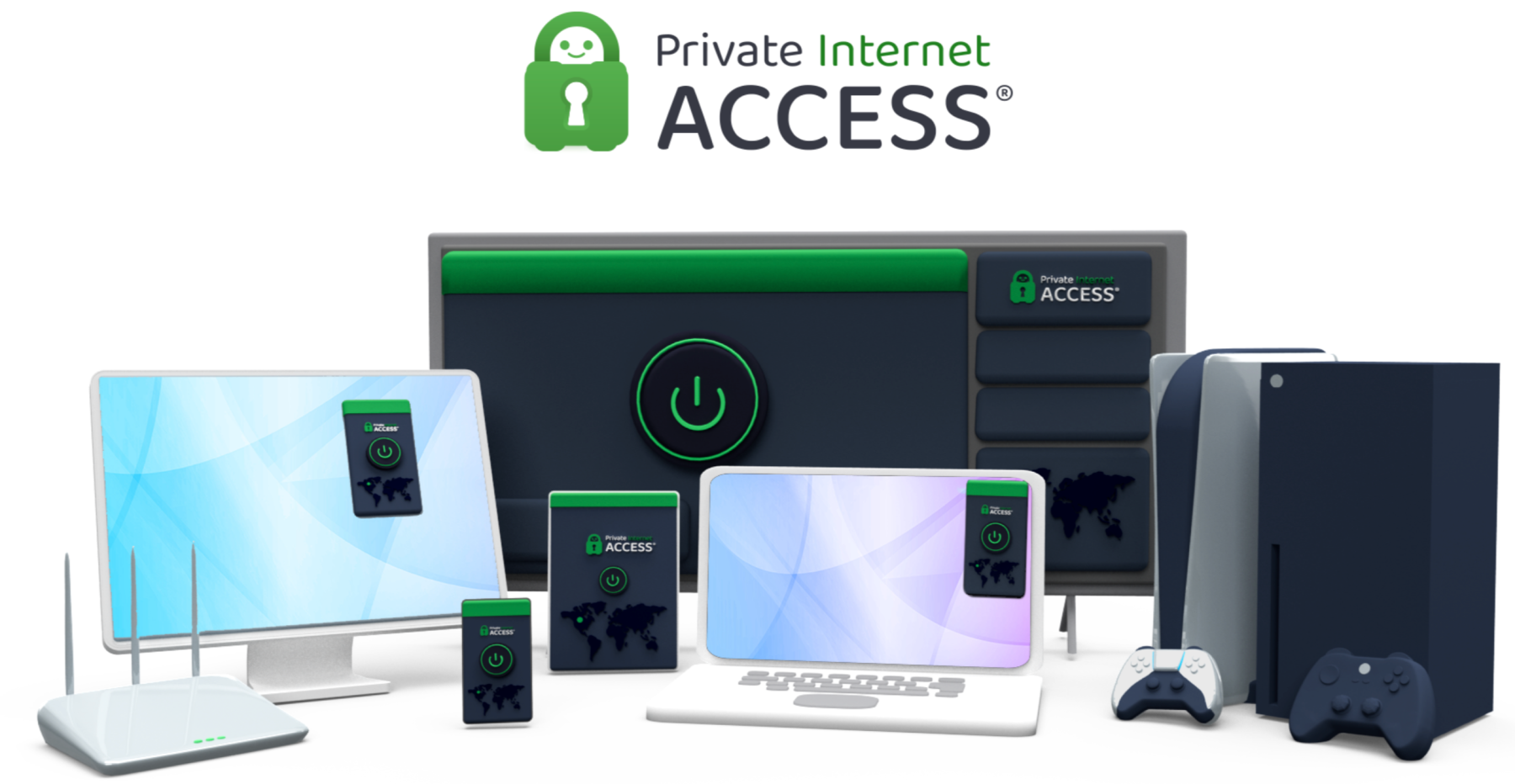Independent auditors confirm leading VPN doesn't log your data
Private Internet Access aces its second no-log audit since 2022

Sign up for breaking news, reviews, opinion, top tech deals, and more.
You are now subscribed
Your newsletter sign-up was successful
Independent auditors have just confirmed the no-logs claims of one of the best VPN services on the market.
Industry-leading auditing firm Deloitte verified that the Private Internet Access (PIA) server configurations are not designed to identify users and cannot be exploited. This means that PIA never logs any of your identifiable information as stated in its Privacy Policy.
This is the second time the popular VPN provider successfully put its privacy claims under scrutiny with an independent audit since 2022.
PIA's second no-log audit
PIA claims its servers run on a RAM-only system. This means that they do not store any data and no information is written to the hard drive. The provider also promises zero errors or debugging logs are stored for maximum privacy.
Auditors at Deloitte inspected all relevant IT systems, including PIA VPN servers and their distribution, to verify their configuration coincided with the description the company provides. They also look at how the Privacy Policy claims are implemented for user access, change management, and other basic usability functionality.
As of January 31, 2024, Deloitte confirmed that PIA's no-log infrastructure works as expected and is not vulnerable to third-party exploitation. This ensures that no one can pinpoint your online activity, not even the VPN provider itself.
Commenting on the findings, Jack Buckley, Head of Communications at Private Internet Access, said: "We hope you share our delight with the outcome of this audit. PIA is absolutely committed to digital freedom and data protection."
He invites all subscribers to review the full audit report which is now available via the PIA customer support portal.
Why do you want a no-log VPN?
We at TechRadar firmly believe that a strict no-logs policy should be among your top priorities when signing up for a new VPN service. That's especially important for users whose primary use case is boosting their online privacy.
Despite some inevitable logs of basic data like the number of users connecting to the same server and the email address associated with a user's account, a no-log VPN should guarantee that no personal information or usage data is ever collected.
This means that if, for instance, a malicious hacker or government manages to acquire this data, none of your sensitive information will be leaked because the details simply won't exist. The importance of this feature has already been proved in real life when Swedish authorities were left empty-handed after an inconclusive police raid on Mullvad's servers last year.
Not just a commitment to never log your data, PIA also seeks to offer its users full transparency about its product. That's why all its apps are fully open-source—so anyone can check its coding for bugs and vulnerabilities.
"Combined with regular third-party audits, PIA clearly and emphatically proves its privacy credentials," said Buckley.
We test and review VPN services in the context of legal recreational uses. For example:
1. Accessing a service from another country (subject to the terms and conditions of that service).
2. Protecting your online security and strengthening your online privacy when abroad.
We do not support or condone the illegal or malicious use of VPN services. Consuming pirated content that is paid-for is neither endorsed nor approved by Future Publishing.
Sign up for breaking news, reviews, opinion, top tech deals, and more.

Chiara is a multimedia journalist committed to covering stories to help promote the rights and denounce the abuses of the digital side of life – wherever cybersecurity, markets, and politics tangle up. She believes an open, uncensored, and private internet is a basic human need and wants to use her knowledge of VPNs to help readers take back control. She writes news, interviews, and analysis on data privacy, online censorship, digital rights, tech policies, and security software, with a special focus on VPNs, for TechRadar and TechRadar Pro. Got a story, tip-off, or something tech-interesting to say? Reach out to chiara.castro@futurenet.com